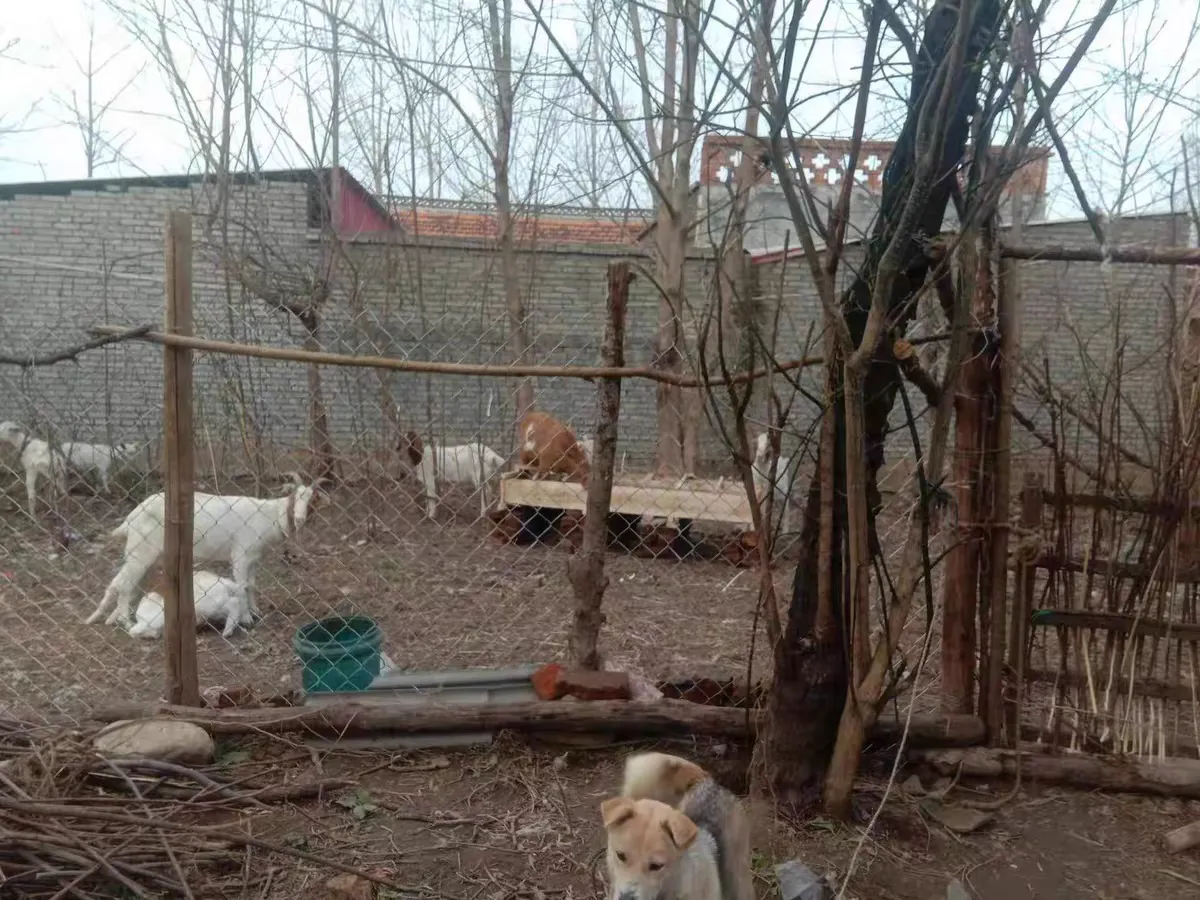-
 Afrikaans
Afrikaans -
 Albanian
Albanian -
 Amharic
Amharic -
 Arabic
Arabic -
 Armenian
Armenian -
 Azerbaijani
Azerbaijani -
 Basque
Basque -
 Belarusian
Belarusian -
 Bengali
Bengali -
 Bosnian
Bosnian -
 Bulgarian
Bulgarian -
 Catalan
Catalan -
 Cebuano
Cebuano -
 China
China -
 Corsican
Corsican -
 Croatian
Croatian -
 Czech
Czech -
 Danish
Danish -
 Dutch
Dutch -
 English
English -
 Esperanto
Esperanto -
 Estonian
Estonian -
 Finnish
Finnish -
 French
French -
 Frisian
Frisian -
 Galician
Galician -
 Georgian
Georgian -
 German
German -
 Greek
Greek -
 Gujarati
Gujarati -
 Haitian Creole
Haitian Creole -
 hausa
hausa -
 hawaiian
hawaiian -
 Hebrew
Hebrew -
 Hindi
Hindi -
 Miao
Miao -
 Hungarian
Hungarian -
 Icelandic
Icelandic -
 igbo
igbo -
 Indonesian
Indonesian -
 irish
irish -
 Italian
Italian -
 Japanese
Japanese -
 Javanese
Javanese -
 Kannada
Kannada -
 kazakh
kazakh -
 Khmer
Khmer -
 Rwandese
Rwandese -
 Korean
Korean -
 Kurdish
Kurdish -
 Kyrgyz
Kyrgyz -
 Lao
Lao -
 Latin
Latin -
 Latvian
Latvian -
 Lithuanian
Lithuanian -
 Luxembourgish
Luxembourgish -
 Macedonian
Macedonian -
 Malgashi
Malgashi -
 Malay
Malay -
 Malayalam
Malayalam -
 Maltese
Maltese -
 Maori
Maori -
 Marathi
Marathi -
 Mongolian
Mongolian -
 Myanmar
Myanmar -
 Nepali
Nepali -
 Norwegian
Norwegian -
 Norwegian
Norwegian -
 Occitan
Occitan -
 Pashto
Pashto -
 Persian
Persian -
 Polish
Polish -
 Portuguese
Portuguese -
 Punjabi
Punjabi -
 Romanian
Romanian -
 Russian
Russian -
 Samoan
Samoan -
 Scottish Gaelic
Scottish Gaelic -
 Serbian
Serbian -
 Sesotho
Sesotho -
 Shona
Shona -
 Sindhi
Sindhi -
 Sinhala
Sinhala -
 Slovak
Slovak -
 Slovenian
Slovenian -
 Somali
Somali -
 Spanish
Spanish -
 Sundanese
Sundanese -
 Swahili
Swahili -
 Swedish
Swedish -
 Tagalog
Tagalog -
 Tajik
Tajik -
 Tamil
Tamil -
 Tatar
Tatar -
 Telugu
Telugu -
 Thai
Thai -
 Turkish
Turkish -
 Turkmen
Turkmen -
 Ukrainian
Ukrainian -
 Urdu
Urdu -
 Uighur
Uighur -
 Uzbek
Uzbek -
 Vietnamese
Vietnamese -
 Welsh
Welsh -
 Bantu
Bantu -
 Yiddish
Yiddish -
 Yoruba
Yoruba -
 Zulu
Zulu
Nylon Netting Solutions for Efficient Agricultural Protection and Crop Management
The Role of Nylon Net in Agriculture A Sustainable Solution
In the realm of modern agriculture, farmers and growers are continually seeking innovative solutions to enhance crop protection, ensure sustainable practices, and maximize yield. One such solution that has gained significant traction in recent years is the use of nylon netting. Nylon nets, known for their durability, versatility, and lightweight properties, have emerged as a crucial tool in agricultural settings, offering a multitude of benefits to farmers.
Understanding Nylon Netting
Nylon netting is a synthetic fabric made from polyamide fibers, which are known for their strength and resilience. This netting is designed to withstand various environmental conditions, making it ideal for agricultural use. With different sizes and mesh openings available, nylon nets can cater to various farming needs, ranging from horticulture to livestock management. The adaptability and customizability of nylon netting make it a preferred choice among farmers looking for effective yet economical solutions.
Crop Protection
One of the most significant advantages of nylon netting in agriculture is its role in crop protection. Farmers often face threats from birds, insects, and other pests that can have devastating effects on crops. By employing nylon nets as barriers, farmers can effectively shield their plants from these intruders. The fine mesh of the net allows sunlight and moisture to pass through while creating a physical barrier to keep harmful pests at bay. This not only protects crops but also reduces the need for chemical pesticides, supporting organic farming practices.
Climate Control
nylon net for agriculture

Nylon nets also play a critical role in microclimate management within agricultural fields. These nets can provide shade to sensitive crops, reducing heat stress during extreme weather conditions, such as intense sun or excessive rainfall. By filtering sunlight, nylon nets can help maintain optimal temperatures and humidity levels, promoting a healthier growing environment for plants. This is particularly beneficial for young seedlings and delicate flowers that require specific growing conditions to thrive.
Soil Erosion Prevention
Another important application of nylon netting is in soil erosion control. In regions susceptible to soil degradation due to heavy rainfall or wind, nylon nets can be used as protective covers to hold the soil in place. By preventing soil runoff, nylon nets help maintain soil fertility and promote the healthy growth of crops. This not only contributes to sustainable farming practices but also aids in the long-term preservation of agricultural land.
Livestock Management
Nylon nets are not limited to crops; they also serve a vital role in livestock management. Farmers can utilize nylon nets to create secure enclosures for animals, ensuring their safety while allowing air circulation. This is particularly important in preventing wildlife intrusions and protecting livestock from predatory animals. Additionally, nylon nets can be used in garden fencing and bird netting to prevent birds and other animals from feasting on fruits and vegetables.
Conclusion
As agricultural challenges continue to evolve, the need for effective, sustainable solutions becomes increasingly urgent. Nylon netting stands out as a versatile tool that can address various agricultural concerns, from pest control and climate management to soil conservation and livestock safety. With its cost-effectiveness and eco-friendliness, nylon netting is poised to play an integral role in the future of agriculture. By incorporating these nets into their practices, farmers can not only improve their yields but also contribute to a more sustainable and resilient agricultural system. Embracing nylon netting reflects a commitment to innovation and sustainability in agriculture, paving the way for future advancements in farming practices.
-
The Sunshade Net Can Block Ultraviolet RaysNewsAug.11,2025
-
Main Application and Technology of Nylon ScreenNewsAug.11,2025
-
Green Anti UV Sunshade Net: The Perfect Combination of Ecological Friendliness and Practical PerformanceNewsAug.11,2025
-
Explore the Sunshade NetNewsAug.11,2025
-
Application and Development of Nylon Screen in Fuel Processing and TreatmentNewsAug.11,2025
-
Application and Advantages of Nylon Screen for AquacultureNewsAug.11,2025











